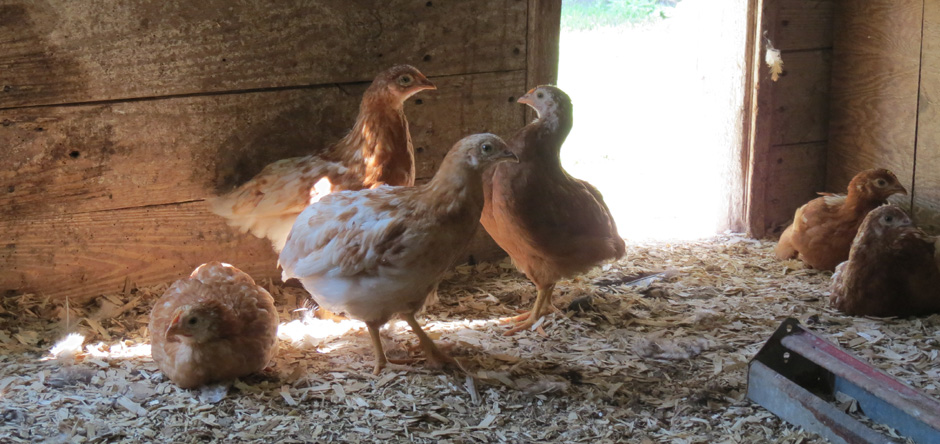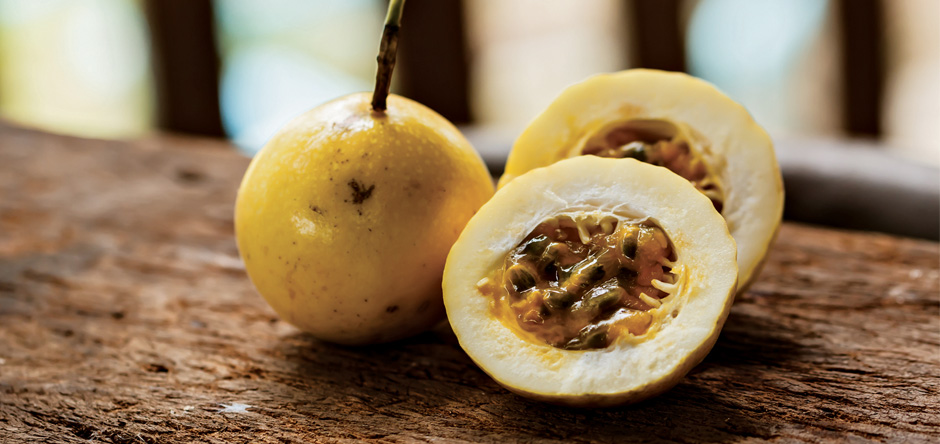Photographs by Colleen Wilson.
About four years ago, neighbors called Alexandra Bonthron and Mark Zion crazy for trying to breathe life into a 1940s dairy farm that had become a “Jumanji”-like property in Granite Springs, a hamlet in the town of Somers.
The land, which was owned by Zion’s father and where the two used to garden on weekends when they weren’t in the Bronx, was overgrown and vine-infested. There were old tractors, including one “sitting in the mud sunk up to its axles,” Bonthron says, adding that she and Zion recovered 17 rusted jalopies abandoned in the area.
After about a year of restoring the structures and clearing 62 acres, the couple is now in their third growing season as organic farmers.
With the help of WWOOFers, or volunteers with the World Wide Opportunities on Organic Farms, Bonthron and Zion have been able to cultivate 1,500 fruits, vegetables, herbs and the like. Last year they added a “Hyatt Regency for chickens,” Bonthron says jokingly of the new chicken coop.
“It’s really a fledgling farm,” she says. “Farming’s not just about the plants, it’s about how do you keep your buildings, how do you take care of the infrastructure.”
“We’re learning,” Zion says, and Bonthron quickly adds, “We’re not farmers by training.”
Bonthron and Zion, who both have backgrounds in business and finance, have hosted WWOOFers from all around the world and have used their assistance to plant and maintain crops while fixing up the place — including a 1946 Ford tractor they found on the property that is now used on a regular basis.
Julie Metral, who is originally from Paris, started her first WWOOFing experience in late May.
“I’m trying to make a switch in my career from office stuff, finance stuff, really useless stuff where I get bored and I’m really trying to do something really different and closer to nature,” she says, adding that she hopes to land a job working in environmental protection eventually.
As she waits for authorization to work in this country, Metral, who lives in Brooklyn with her husband, says she wanted to be “useful” and “work with (her) hands.”
While every farm registered with WWOOF is different, the volunteers who come to Granite Springs work about six-hour days, six days a week. They plant and weed the crops that start in the greenhouse and replant them outside while also maintaining the garden set aside for the WWOOFers, where they cultivate food for meals.
When the WWOOFers are not working the land, they are doing odd jobs around the property, delivering food to local shops and restaurants or selling crops at farmers’ markets.
Every day is a little different at the farm, and that’s what Bonthron and Zion seem to like about it — from new WWOOFers showing up each week to new plants and changing flavors to abundant restoration projects, including an outdoor pool that can hold 60,000 gallons of water they hope to bring back into operation.
The attraction to farming, however, is what helped transform a dilapidated and tumbledown area into functional acreage for cultivating food.
“We think there’s a consciousness in the city, too, of people wanting to (have) the experience of putting your hands in the dirt,” Bonthron said. “It’s only 45 minutes from the city, but it’s still in the middle of real earth.”
For more, visit wwoof.net.





